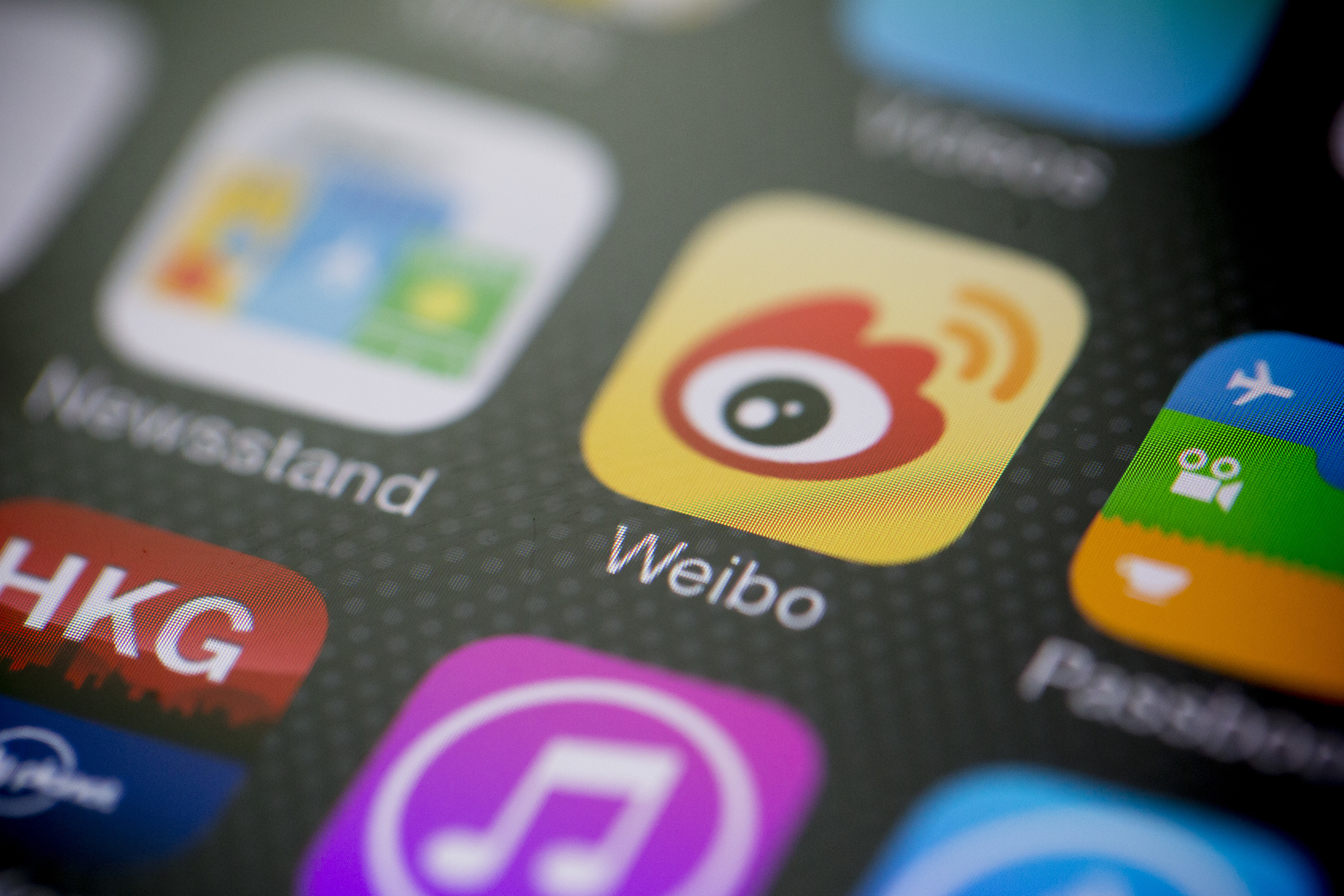Chinese internet giant Sina Corp, the parent company of the country’s vast Twitter-like Weibo platform, plans to delist its US shares and go private, making it the latest mainland firm to withdraw from Wall Street as relations between Beijing and Washington sour.
Sina will cease trading on the tech-rich Nasdaq exchange — where it has traded since 2000 — after its board agreed to a merger with a group run by its chief executive that values the firm at $2.59 billion.
The move comes as a growing number of Chinese companies have delisted from the US or opted for secondary, domestic listings as the world’s two superpowers butt heads over a number of issues including technology, Hong Kong and the virus.
The US is considering plans to impose stricter rules on firms listed in the country to open up their audit papers to US accountants, which could lead to Chinese companies forced out.
That could push them towards Hong Kong or Shanghai.
E-commerce giants Alibaba and JD.com, which are traded in New York, have already launched huge offerings in Hong Kong in the past year, while Alibaba’s financial arm is planning a mega dual IPO in the two cities.
China’s leading chipmaker SMIC, meanwhile, delisted in June. This week the US slapped new export restrictions on the beleaguered manufacturer, battering its Hong Kong stocks.
US President Donald Trump has already limited the amount of business US firms can do with telecoms titan Huawei, while he has insisted that the Chinese parent company of popular video app TikTok sell its US operations to an American company, citing security concerns.
The Sina agreement will see it merge with New Wave MMXV Ltd., a Cayman Islands-registered company controlled by Sina CEO Charles Chao, according to a statement posted Monday.
The deal sees New Wave pay $43.30 per share, an improvement on the $41 offered in June.
The merger is expected to close during the first quarter of 2021, the company said.









